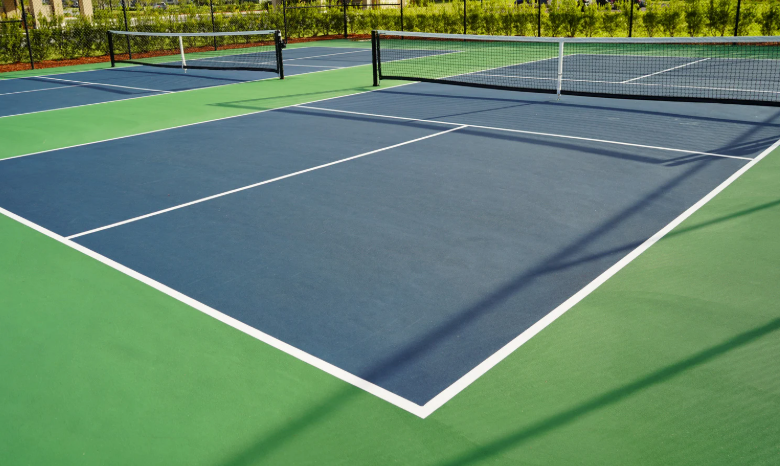Why Tennis Court Contractors are Crucial for Professional Standard Court Construction

The quality of a tennis court defines the standard of play, player safety, and long-term performance. Constructing a professional-grade court requires more than just materials and machinery; it demands precision engineering, specialized knowledge, and compliance with official standards. Experienced tennis court contractors in South Carolina bring these critical elements together, ensuring each court is designed for durability, consistency, and elite-level play. From material selection to final surfacing, professional contractors bridge the gap between vision and execution, turning a simple design concept into a world-class facility.
The Importance of Professional Expertise
Building a tennis court is a specialized field that requires a deep understanding of structural engineering, soil composition, and surfacing technologies. Professional contractors evaluate site conditions, slope gradients, and drainage layouts to ensure proper water management, one of the most overlooked yet vital aspects of court construction.
In South Carolina’s humid and varied climate, these technical considerations become even more critical. Incorrect grading or poor material choice can lead to surface cracks, water accumulation, and uneven bounce, all of which undermine playability and longevity. Contractors with proven expertise deliver not only a playable surface but a sustainable one, built to withstand environmental stress and high-frequency use.
Understanding the Construction Process
The process of building a tennis court is methodical and detail-driven. It begins with excavation and subgrade stabilization, followed by precise base compaction and layering of asphalt or concrete foundations. Each stage must meet specific tolerances to achieve perfect surface uniformity.
After the structural base is set, contractors apply multiple layers of acrylic surfacing systems to ensure optimal traction and color depth. Line marking, fencing, and lighting installation follow, each step executed with precision to maintain consistency with professional standards. Professionals manage every detail, from material compatibility to slope calibration, ensuring the finished court delivers reliable bounce, smooth play, and long-term structural integrity.
Selecting the Right Contractor
Choosing the right contractor determines the quality and performance of your facility. Before finalizing a partnership, it’s essential to know the right questions to ask a tennis court contractor. These include inquiries about past project experience, certification, surfacing materials used, and warranty provisions.
Qualified contractors maintain transparency in their processes, provide detailed project timelines, and use certified products that comply with the standards set by governing sports authorities. By evaluating these factors, clients can avoid costly reconstruction or premature deterioration and secure a long-term investment that meets their expectations.
Quality Materials and Modern Techniques
Professional contractors stay ahead of the curve by incorporating advanced materials and innovative construction methods. High-performance acrylic coatings, UV-resistant finishes, and cushioned underlays are now standard in premium courts. These components enhance comfort, traction, and shock absorption while minimizing maintenance requirements.
Additionally, contractors use laser-guided equipment to ensure flawless surface leveling. This precision technology eliminates inconsistencies that can impact play or drainage. By merging technical expertise with cutting-edge materials, professionals create courts that not only meet but exceed competitive play standards.
Durability and Long-Term Value
A professionally built tennis court is an asset that yields measurable long-term value. The combination of expert engineering, superior materials, and proper maintenance planning significantly extends the lifespan of the court. Contractors implement systems that prevent common issues such as cracking, fading, and moisture intrusion, safeguarding the court’s functionality for years.
Regular inspections and timely resurfacing further protect the investment. By prioritizing quality from the start, property owners and institutions reduce lifetime maintenance costs while ensuring consistent playing conditions.
Conclusion
Professional tennis court contractors are indispensable to building and maintaining courts that meet the rigorous standards of modern play. Their expertise in site preparation, surfacing technology, and structural engineering ensures unmatched performance, longevity, and safety. In South Carolina, where climate and competition intersect, their role extends beyond construction; they shape the future of tennis facilities through precision, innovation, and unwavering craftsmanship.

